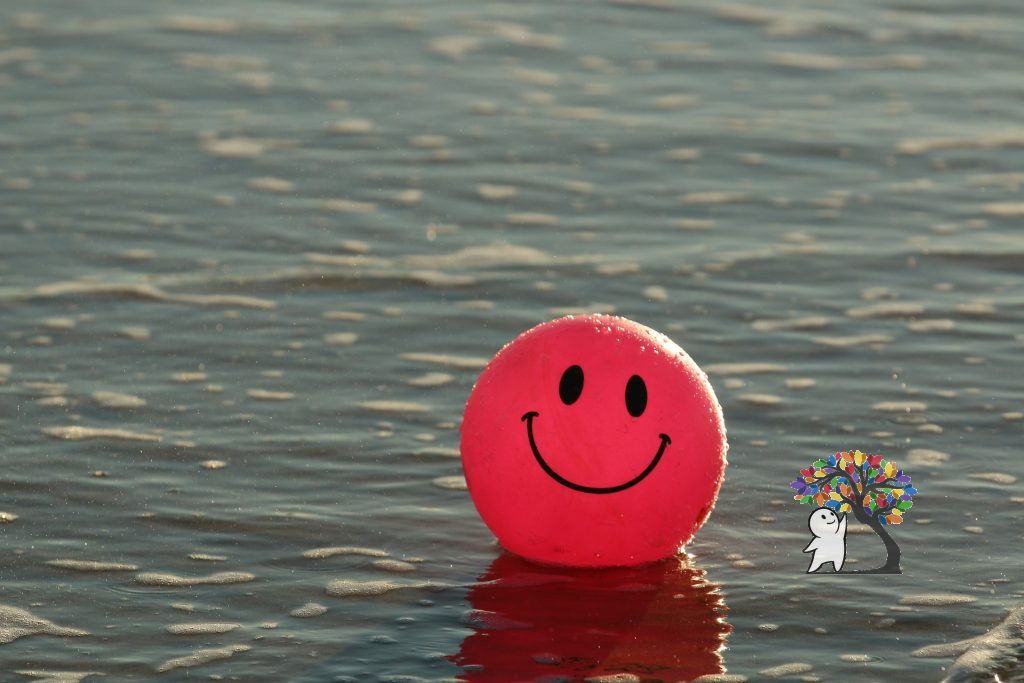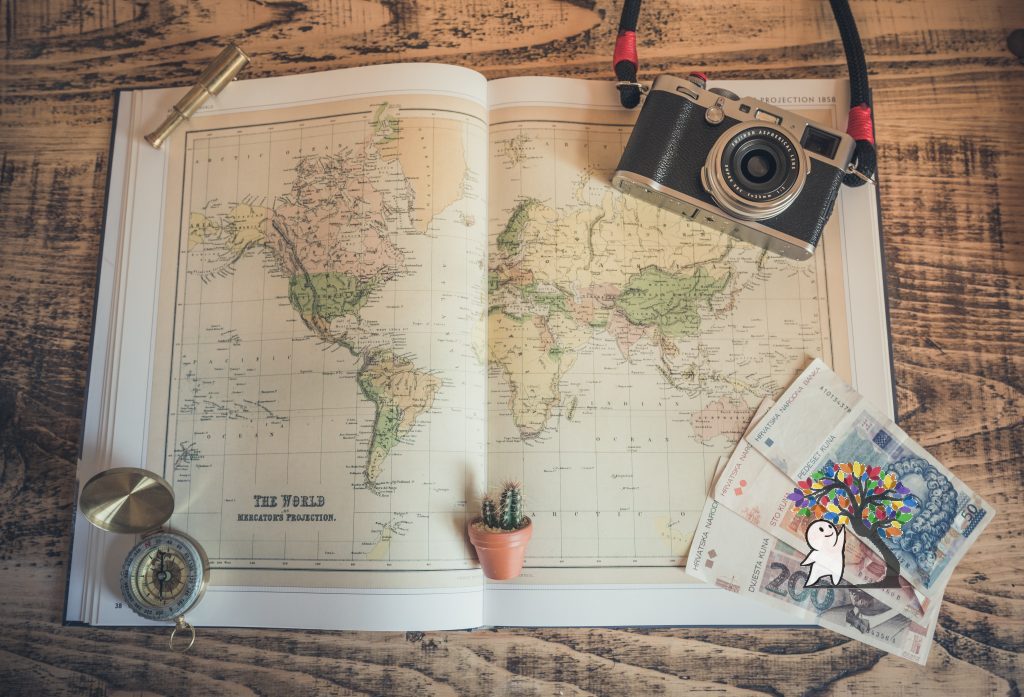Lost and Found: Do Evolutionary Traits Make People More Inclined to Return Lost Wallets?
In 1999, a man lost his wallet in Seoul, South Korea.
The wallet contained almost 200,000 Korean Won in cash (~$195 U.S. Dollars), credit cards, and a picture of his granddaughter who he had just sent off the the United States for an extended period of time (yours truly).
He made dozens of signs and placed them around the area he had lost the wallet, asking only for the picture back.
Let’s stop here.
If you found that wallet, what would you do?

Many of my family members told my grandfather to give up on the search for a wallet– after all, what were the chances that a Good Samaritan had found his wallet and returned to him with all of the contents?
Just a few days after, the wallet was dropped off at a local police station and my grandfather was able to retrieve it with, surprisingly enough, all of the content intact.
The police officer that received the wallet, a co-worker of my grandfather’s, told him that the Good Samaritan commented on the picture of the owner’s “cute daughter” in the wallet, mentioning that he was a father himself.
Ever since that incident, my grandfather has told this story a countless amount times at family gatherings and almost every time we see each other; he has always told me that I “found” his wallet for him and brought it back to him safely (although in my opinion, this was more so because the man had mistaken the owner of the wallet for my father).
But psychologically, what could have influenced the decision of taking the wallet vs. taking the time to return the wallet?
Morality, or Evolution?
In 2009, Dr. Richard Wiseman, a psychologist at the University of Hertfordshire, conducted an social experiment in Edinburgh to test what could influence the taking or returning of a wallet.
240 wallets were scattered in the streets about a quarter of a mile apart, containing:
- Family photos containing children (48% return rate)
- Photos of puppies (53% return rate)
- Photos of elderly couples (28% return rate)
- Baby photos (88% return rate)
- Control group, no additional photos (15% return rate)
To put these numbers in perspective, this data shows that on average:
- 9/10 people returned the wallet containing a baby picture, whereas
- 1/7 people returned the control wallet containing no picture.
How can these results be explained?
Dr. Wiseman says that there is a “compassionate instinct towards vulnerable infants that people have evolved to ensure the survival of future generations”; this would explain why the baby photos elicited a “caring” response from the individuals (not surprising from an evolutionary perspective).
But why would the individuals care if it wasn’t their child?
Because, Dr. Wiseman explains,
“…it would be difficult to genetically code for feeling empathy exclusively towards your own child and much easier to code for feeling empathy towards all children,… making it an effective evolutionary trait.”
Although this experiment has many limitations (small sample size, limited demographics, etc.), it does bring up interesting arguments rooted in evolutionary psychology.
Is every action we take completely born of our own free choice, or are we more influenced by genetics and evolution than we think?
The moral of the story? Keep a baby photo in your wallet, even if it’s not of your own child.
Who knows- it might trigger someone’s evolutionary traits, influencing him or her to return it to you.
Cute baby photos can help recover lost wallets. (2009). The Consumerist.
http://consumerist.com/2009/07/11/cute-baby-photos-can-help-recover-lost-wallets/
Devlin, H. (2009). Want to keep your wallet? Carry a baby picture. The Times.
http://www.thetimes.co.uk/tto/news/uk/article1967384.ece
How to get your lost wallet back… make sure there’s a picture of a baby inside. (2009). The Daily Mail.
http://www.dailymail.co.uk/news/article-1199036/How-lost-wallet–make-sure-theres-picture-baby-inside.html





Responses